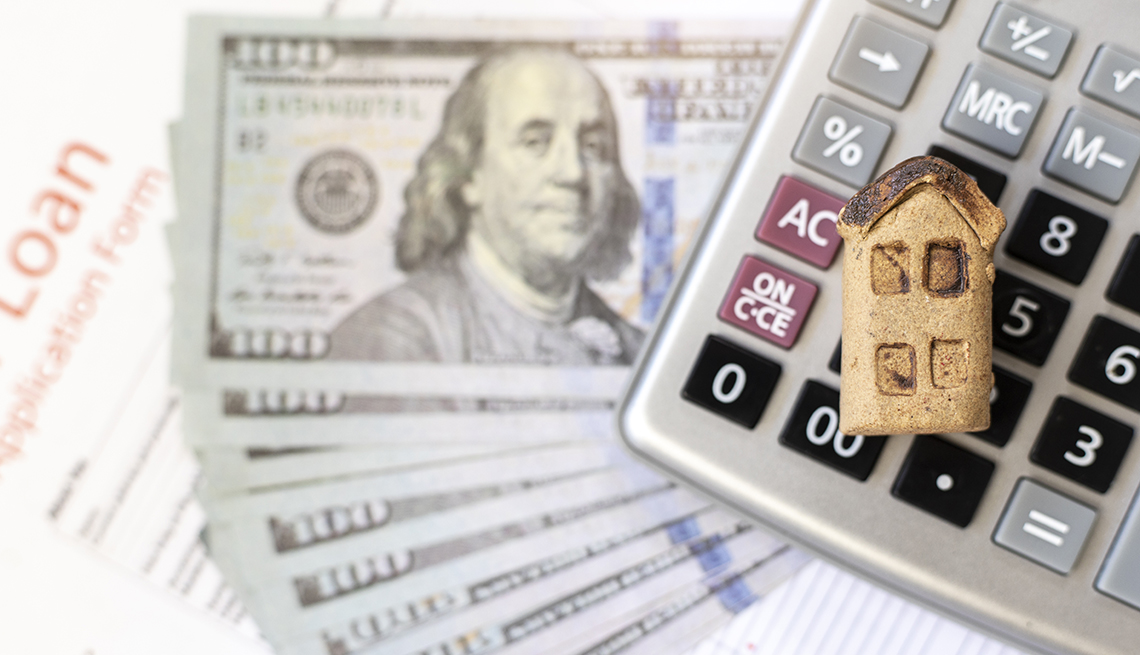Staying Fit
Interest rates have plunged faster than the COVID economy. Merely two months ago, one could find CDs yielding about 3 percent. Now, both CDs and a high-quality bond fund such as the Vanguard Total Bond Market ETF (BND) are yielding only 1.65 percent before taxes. Yet millions of Americans can earn 3 to 5 percent by paying down their mortgage and far more by paying off any credit card debt.
Bonds and mortgages
Bonds are IOUs issued by the government or corporations. You buy bonds because you want regular, reliable interest payments, and because you want some buffer against the stock market's wild zig-zags. You don't want any excitement from bonds. And, assuming the issuer doesn't default, you won't get any. When the bond matures, you get your principal back, which you can then invest elsewhere.


AARP Membership— $12 for your first year when you sign up for Automatic Renewal
Get instant access to members-only products and hundreds of discounts, a free second membership, and a subscription to AARP the Magazine.
A mortgage, like a bond, is an IOU. In this case, however, you're paying the interest, and the bank is receiving it. The bank doesn't want excitement from its investment any more than a bond investor does. It simply wants regular interest payments over time and on time as well as getting the loan principal back.
Let's say you are married and have a $100,000 mortgage at 4 percent. You'll pay about $4,000 in interest to the bank, and likely will not be able to itemize your deductions, according to the Tax Foundation, a nonpartisan tax policy nonprofit. Why not? Most married couples will take the $24,800 standard deduction, so unless you have a very large mortgage, your interest payment won't lower your taxes.



































































